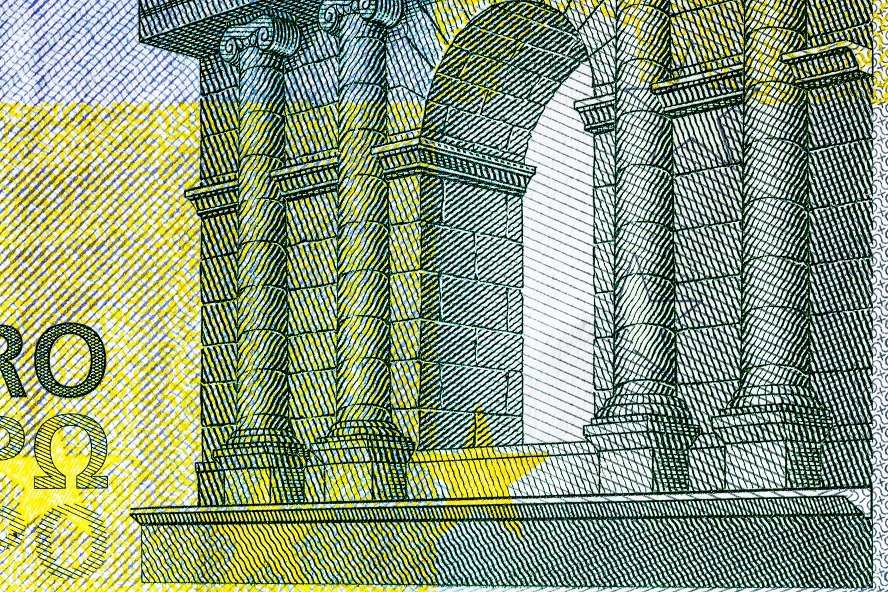ST-37 City, Mwali, Fomboni Moheli Comoros Union.


Blog Details

Apr 29
2024
EUR/USD holds firm above 1.0700 ahead of German inflation data
EUR/USD trades on a firm footing above 1.0700 early Monday. The pair stays underpinned by a softer US Dollar, courtesy of the USD/JPY sell-off and a risk-friendly market environment. Germany's inflation data is next in focus.
Technical Overview
The Fibonnaci 38.2% retracement of the latest downtrend aligns as key resistance at 1.0750. In case EUR/USD rises above that level and starts using it as support, it could target 1.0780 (200-period Simple Moving Average) and 1.0800 (psychological level) next.
On the downside, first support is located at 1.0700 (Fibonacci 23.6% retracement) before 1.0650 (static level) and 1.0600 (end-point of the downtrend).
Fundamental Overview
EUR/USD gained traction to start the week and stabilized in positive territory above 1.0700. The pair could face stiff resistance at 1.0750. Inflation data from Germany will be scrutinized by investors later in the day.
After closing in negative territory on Friday, EUR/USD started to edge higher on Monday, supported by the broad-based selling pressure surrounding the US Dollar (USD). Japan's suspected intervention in the foreign exchange market after USD/JPY reached a new multi-decade high above 160.00 seems to be the primary reason behind the renewed USD weakness. At the time of press, the USD Index, which tracks the USD's performance against a basket of six major currencies, was down 0.4% on the day at 105.33.
In the second half of the day, Germany's Destatis will release preliminary Consumer Price Index (CPI) data for April. Markets expect the CPI to rise 0.6% on a monthly basis. The Harmonized Index of Consumer Prices (HICP), the European Central Bank's (ECB) preferred gauge of inflation, is expected to rise 2.3% on a yearly basis to match March's increase.
Although markets are fairly certain that the ECB will lower key rates by 25 bps in June, a strong inflation reading from Germany could cloud the rate outlook and provide a boost to the Euro. ECB policymaker Pierre Wunsch said on Monday that a second reduction in key rates in July would lead to repricing that might go too far.



.jpeg)






